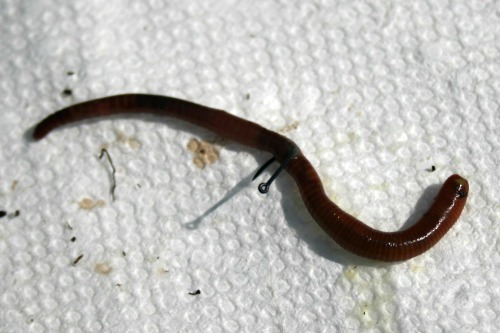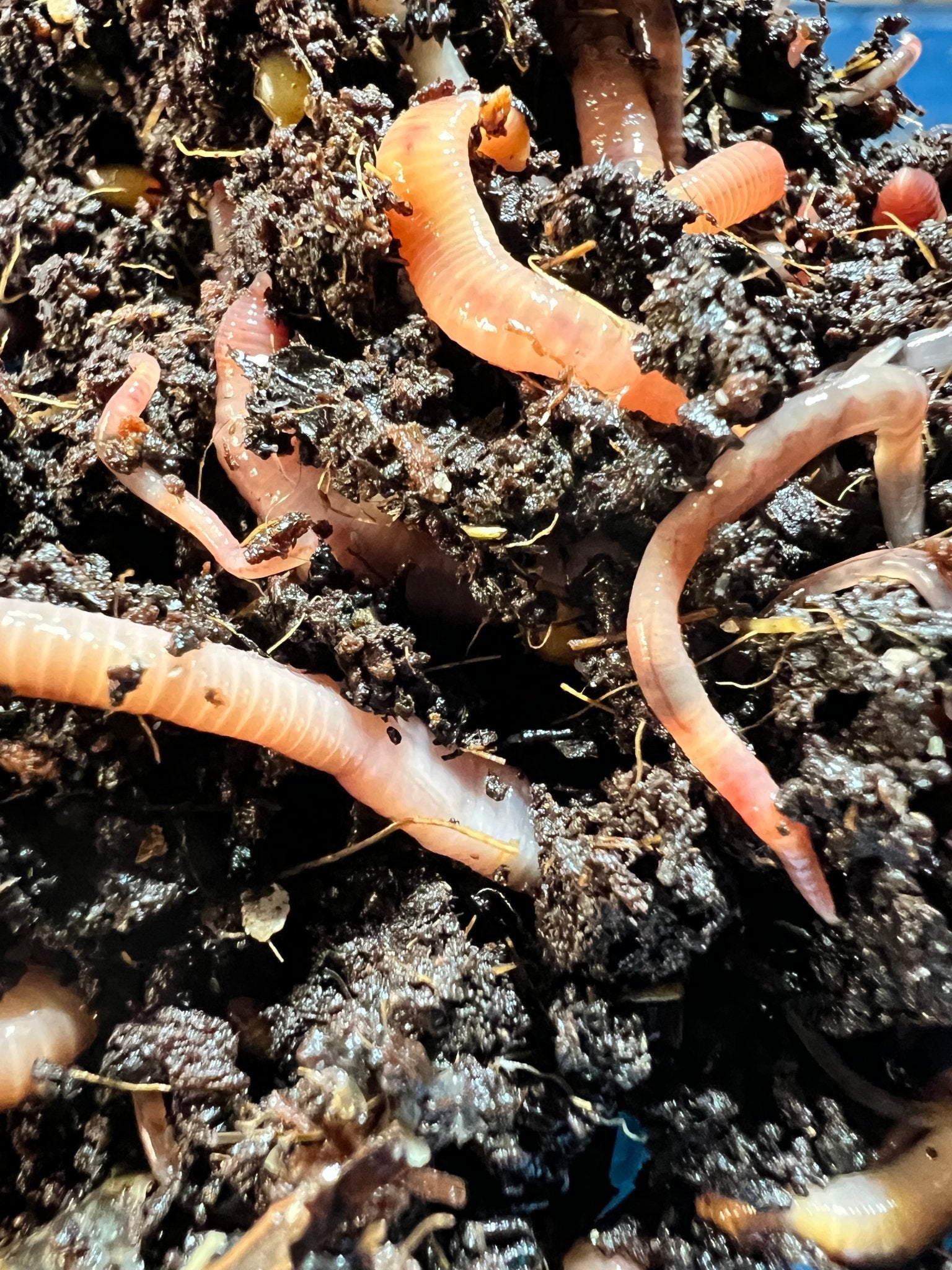Why Lake Hickory Bait Is the Ideal Choice for Local Fishing Supplies
Why Lake Hickory Bait Is the Ideal Choice for Local Fishing Supplies
Blog Article
Open the Keys of Red Wigglers: Your Overview to Composting Success
The assimilation of red wigglers into composting techniques offers a substantial possibility for enhancing dirt health and wellness and advertising sustainability. Comprehending their needs and behaviors is important for optimizing their possibility, from establishing up a suitable worm container to feeding them the ideal products.

What Are Red Wigglers?
(Lake Rhodhiss Bait)Red wigglers, medically referred to as Eisenia fetida, are a types of earthworm mostly used in composting as a result of their amazing capability to decay organic matter effectively. These worms are defined by their reddish-brown coloration and a segmented body, normally determining between 3 to 4 inches in size. Unlike various other earthworm varieties, red wigglers thrive in abundant, natural atmospheres, making them optimal for vermicomposting systems.
Indigenous to The United States And copyright, they are usually located in rotting leaves and compost heap, where they play a crucial function in nutrient recycling. Their adaptation to living in a damp, cardio setting enables them to eat large amounts of organic waste, simplifying into nutrient-rich castings that boost soil health.
Red wigglers recreate swiftly, with a single worm qualified of producing numerous cocoons each week, each containing numerous hatchlings. Understanding the biology and habits of red wigglers is important for optimizing their possibility in composting applications.
Benefits of Using Red Wigglers
Using the power of red wigglers in composting supplies numerous benefits that improve dirt health and wellness and promote sustainable waste administration. These impressive organisms efficiently damage down natural issue, changing cooking area scraps and lawn waste into nutrient-rich vermicompost. This completed product is extremely advantageous for plant growth, as it boosts dirt framework, raises dampness retention, and boosts vitamins and mineral availability.

(Red Wiggler Express)Additionally, the presence of red wigglers in your composting system can accelerate the composting process, creating top notch garden compost in a fraction of the time compared to typical techniques. The spreadings produced by these worms are also including valuable microorganisms that further enrich the dirt ecological community.
Establishing Your Worm Container
Producing an efficient worm container is a simple process that can considerably enhance your composting efforts. Worm bins can be made from plastic storage space bins, wood boxes, or readily offered worm bins.
Next, prepare the bedding product, which serves as the worms' habitat. A mix of shredded newspaper, cardboard, and coconut coir functions well, supplying a comfy environment for the worms.

Feeding Your Red Wigglers
To ensure the wellness and productivity of your red wigglers, it is vital to give them with a well balanced diet that fulfills their nutritional requirements. Red wigglers grow on a varied selection of natural materials, which not just provide necessary nutrients but likewise advertise effective composting.
Begin by including kitchen scraps such as vegetable peels, fruit cores, and coffee grounds. Prevent citrus fruits, onions, and garlic, as these can be harmful to worm wellness. In addition, present shredded paper, cardboard, and completely dry leaves to produce a well-aerated environment.
Feeding regularity need to be kept track of; typically, worms can take in half their body weight in food weekly. It is crucial to avoid overfeeding, as excess food can cause undesirable smells and bring in parasites. An excellent technique is to include food in percentages, allowing worms to process it prior to presenting a lot more.
Keeping wetness degrees is likewise essential; the bed linen needs to perspire however not soggy. Last but not least, be sure to regularly examine the temperature and pH levels of the bin to make certain an optimum atmosphere for your red wigglers, inevitably improving their composting effectiveness.
Harvesting and Making Use Of Garden Compost
A successful composting process with red wigglers culminates in the rich, dark compost referred to as site vermicompost, which can dramatically improve soil health and plant growth. Gathering this nutrient-dense material typically takes place every three to six months, relying on the dimension of your system and the amount of organic issue being refined.
To gather, gently different the garden compost from the worms and any type of undecomposed materials. One effective approach entails relocating the contents of the bin away and adding fresh bed linens and food to the vacant space, encouraging the worms to migrate. After a couple of days, the garden compost can be accumulated from the contrary side.
It is crucial to make use of vermicompost properly to maximize its advantages. It can be made use of as a top clothing for garden beds, mixed into potting dirt, or made right into a nutrient-rich liquid plant food referred to as "worm tea." This application method assists to provide necessary nutrients directly to plant roots, advertising healthier development. By integrating vermicompost right into your gardening routine, you not only recycle organic waste yet likewise create a thriving environment that supports sustainable gardening techniques.
Final Thought
In recap, red wigglers act as phenomenal allies in composting efforts, transforming natural waste right into nutrient-rich vermicompost (Red Wiggler Express). Their one-of-a-kind organic characteristics and reliable waste handling abilities contribute significantly to lasting horticulture techniques. By understanding the optimum conditions for their environment, feeding needs, and compost harvesting strategies, garden enthusiasts can improve soil wellness and promote plant vitality. Embracing vermicomposting not just decreases landfill waste yet also promotes a more ecologically liable technique to horticulture and resource administration.
Report this page